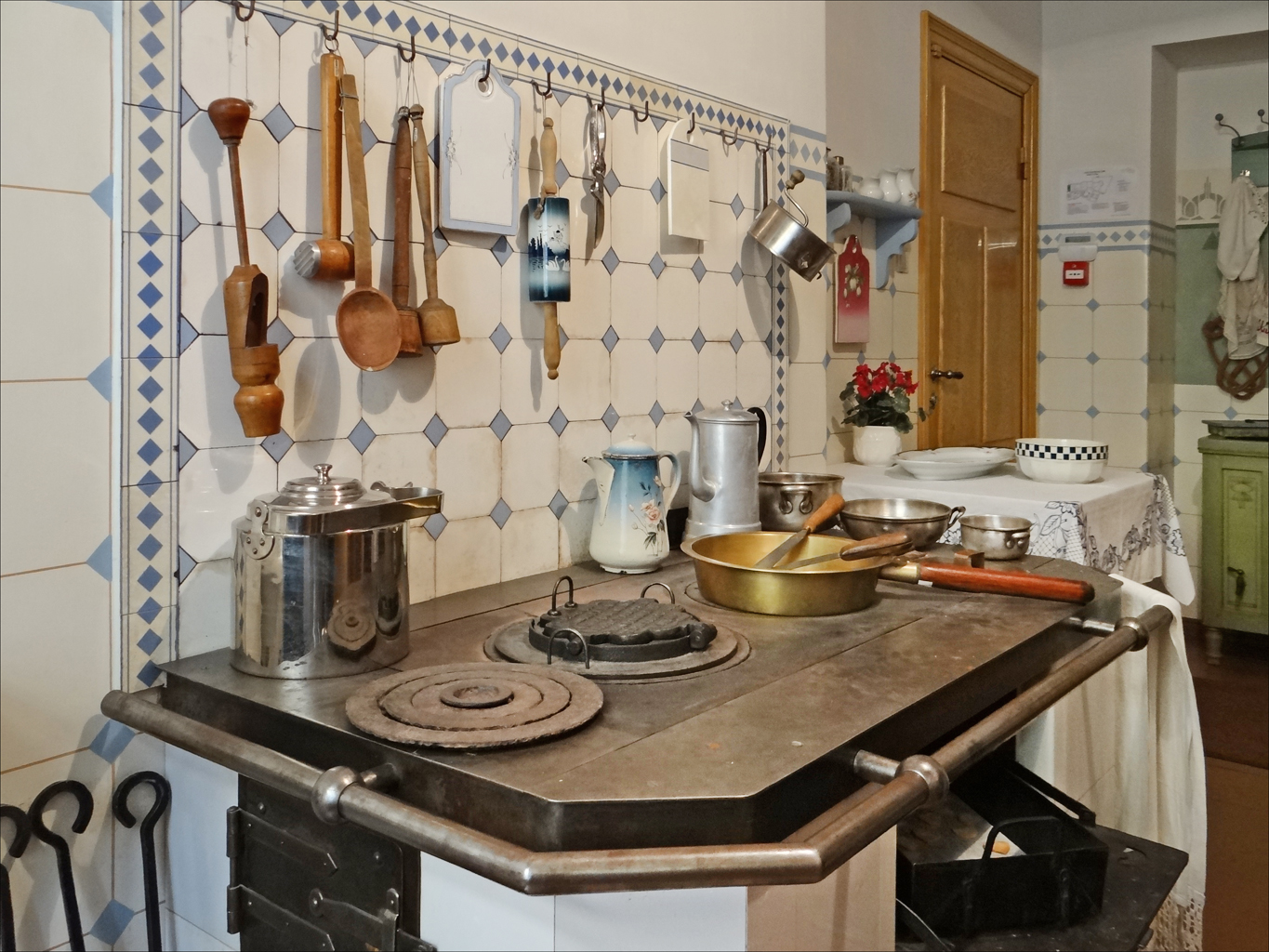Cooking 101
- Basics of Cooking
- Essential Cooking Skills
- Exploring Cooking Styles
Basics of Cooking
Introduction to the Kitchen

Space primarily used for preparation and storage of food.
The kitchen is the heart of the home and the hub of culinary creativity. Whether you're a seasoned chef or a beginner, understanding the layout and functionality of a kitchen is the first step towards mastering the art of cooking.
Understanding the Layout of a Kitchen
A well-organized kitchen can make cooking more enjoyable and efficient. The layout of a kitchen is typically divided into five zones: the food storage zone, the prep zone, the cooking zone, the cleaning zone, and the serving zone.
- Food Storage Zone: This is where you store your food, including the refrigerator, freezer, and pantry.
- Prep Zone: This is where you prepare your food. It usually includes a countertop or a kitchen island with easy access to cutting boards, knives, and mixing bowls.
- Cooking Zone: This is where the actual cooking happens. It includes the stove, oven, and microwave.
- Cleaning Zone: This is where you clean up after cooking. It includes the sink, dishwasher, and storage for cleaning supplies.
- Serving Zone: This is where you serve the food. It could be a breakfast bar, a dining table, or any space where you plate and serve your meals.
Identifying Key Kitchen Appliances
There are several key appliances that are essential in a kitchen. These include:
- Refrigerator and Freezer: These are used for storing perishable food items at safe temperatures.
- Stove and Oven: These are used for most cooking tasks, from boiling water to baking a cake.
- Microwave: This is used for quick heating and defrosting.
- Dishwasher: This is used for cleaning dishes, utensils, and sometimes even cooking tools.
- Small Appliances: These can include a toaster, blender, food processor, slow cooker, and more, depending on your cooking habits and preferences.
Importance of Organization in the Kitchen
Organization in the kitchen is crucial for several reasons:
- Efficiency: An organized kitchen allows you to find what you need quickly, saving you time during meal preparation.
- Safety: Proper organization can prevent accidents like cuts from improperly stored knives or burns from overcrowded stovetops.
- Waste Reduction: When your food storage is organized, you can easily see what you have, which helps prevent food waste.
- Enjoyment: Cooking in an organized kitchen is simply more enjoyable. It can turn the task of meal preparation from a chore into a pleasure.
In conclusion, understanding your kitchen, its layout, and the importance of organization sets the foundation for your culinary journey. It's the first step towards becoming a confident and competent home cook.